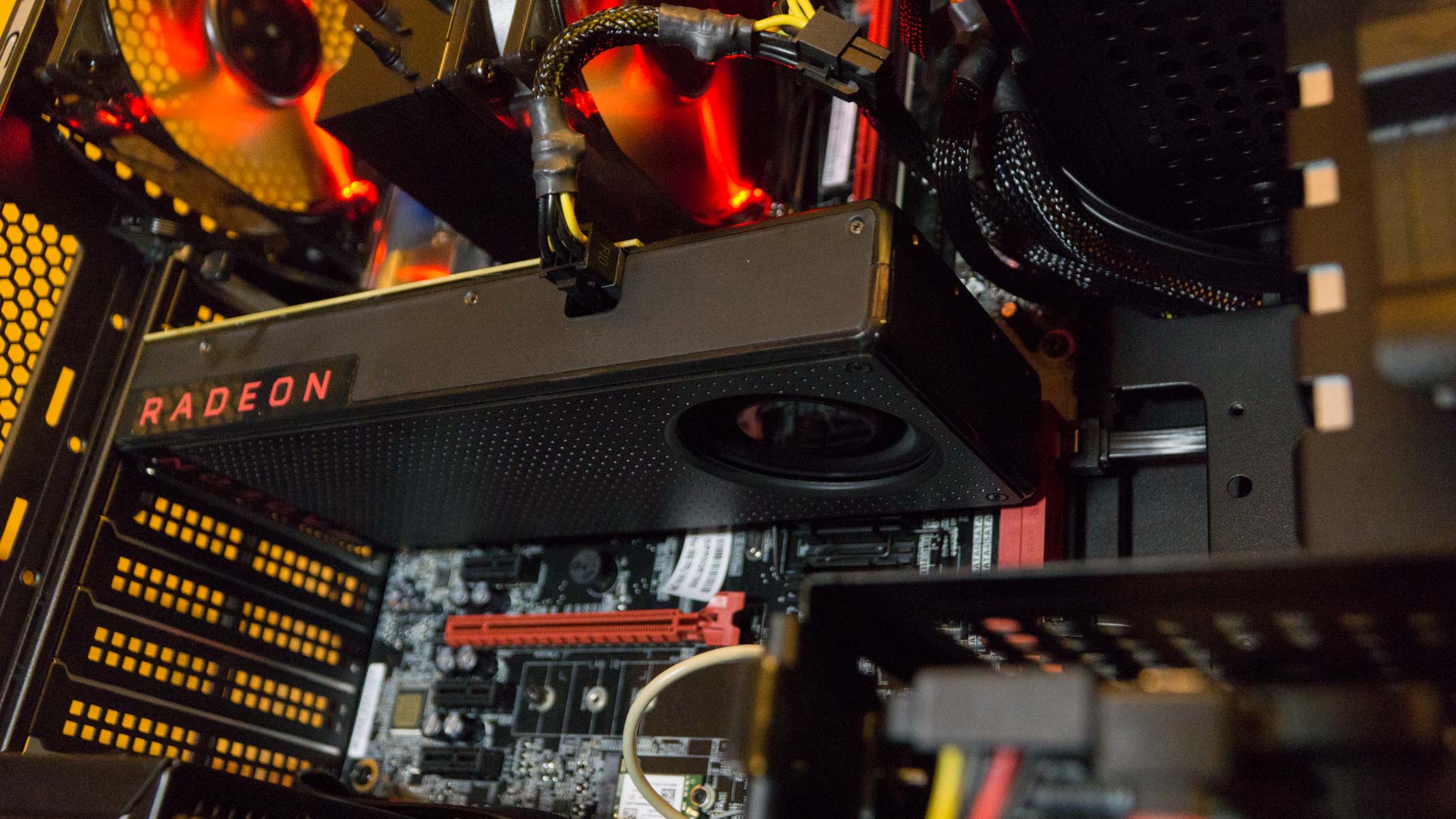AMD is finally making the GPU world competitive again
Has AMD turned a crucial corner in the graphics card war with Nvidia?

According to a fresh snapshot of the GPU arena, AMD has actually gained market share for the first time since way back in 2012.
New figures for Q2 of this year from Mercury Research show that when it comes to the discrete graphics card market for desktop PCs, Nvidia has a 77.2% share compared to AMD's 22.8%.
While Nvidia is clearly still in the lead by a long mark, the fact that AMD's share jumped 2.5% on the previous quarter – the first increase in four years as mentioned, and a relatively large one – is definitely a good sign for fans of the latter's cards.
Of course, this hasn't been sparked by the launch of the new Polaris-powered Radeon RX 400 series cards, as these weren't out in Q2 and won't impact until the stats for the third quarter.
And this makes the shift in AMD's favor even more interesting, given that it has really ratcheted up its efforts to pitch cards at a more wallet-friendly level with the new RX 460/470/480 models.
Taking turf
This could mean that come Q3, AMD could snatch even more graphics card turf from Nvidia, although the latter seems to realize the danger of this – we only need look at the pricing of the recently revealed GeForce GTX 1060 3GB flavor to see that.
Nvidia made a big effort to ensure that this GTX 1060 (which has half the memory of the originally launched version of the card, and less CUDA cores) is competitively priced compared to the RX 480 4GB. Indeed, as we recently reported, in the UK it's actually competitive with the RX 470 when you look at prices online.
Get daily insight, inspiration and deals in your inbox
Sign up for breaking news, reviews, opinion, top tech deals, and more.
It would seem that AMD's gain is the average consumer's gain as well, and indeed if the third quarter figures do show the company pulling back still more ground on Nvidia, we can rub our hands together at the thought of GPUs becoming cheaper still as more punches are thrown in the pricing wars.
As a final note, the Mercury Research report observes that the average selling price of graphics cards has 'rocketed' in this latest quarter, no less, but that was due to increased 'high-end GPU demand'. In other words, the incredibly expensive premium graphics cards selling better and skewing the overall average as a result (the pricing of these behemoths is unlikely to decrease any time soon).
Via: Hexus
- Check out the 10 best graphics cards in the world
Darren is a freelancer writing news and features for TechRadar (and occasionally T3) across a broad range of computing topics including CPUs, GPUs, various other hardware, VPNs, antivirus and more. He has written about tech for the best part of three decades, and writes books in his spare time (his debut novel - 'I Know What You Did Last Supper' - was published by Hachette UK in 2013).